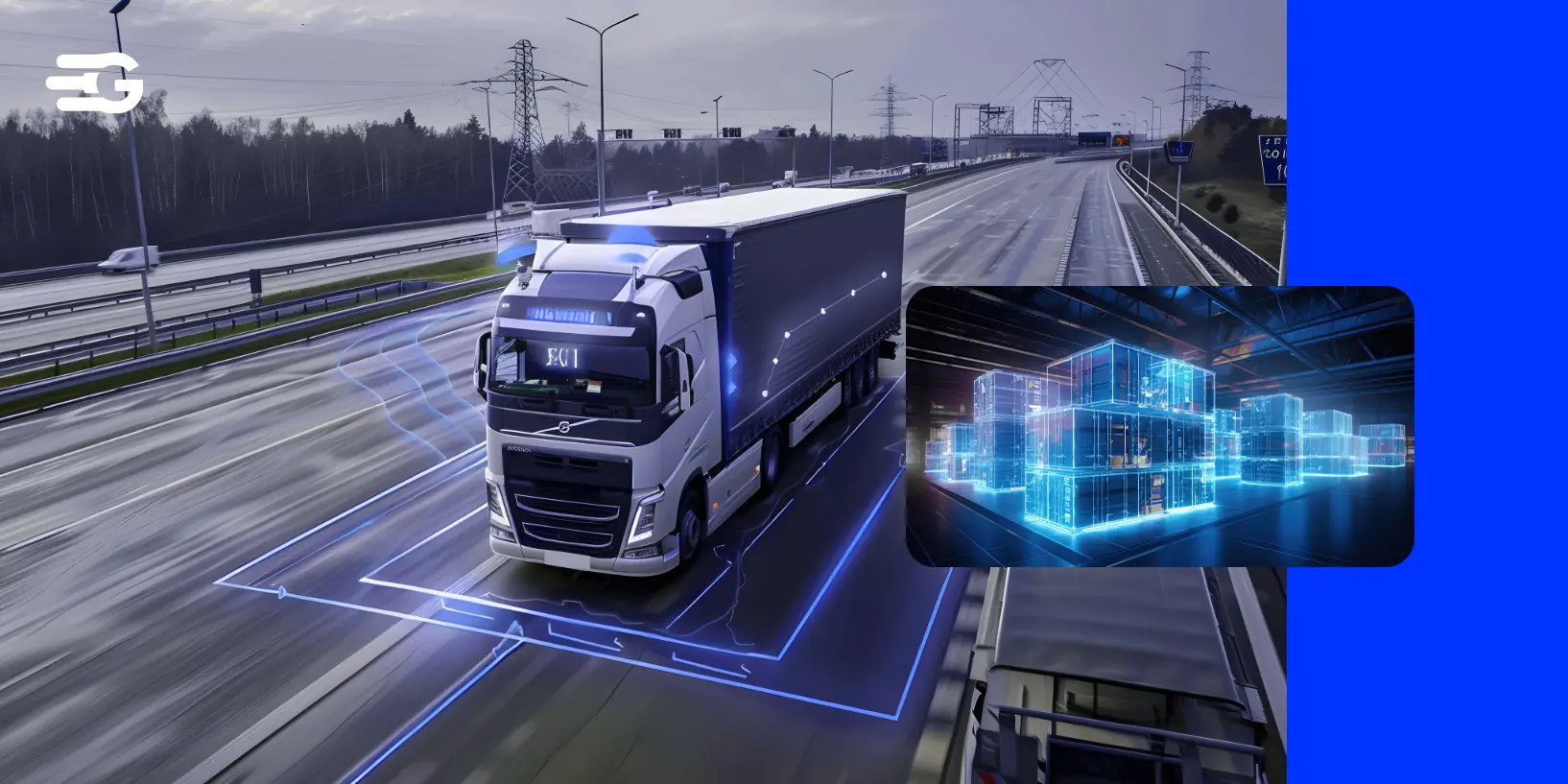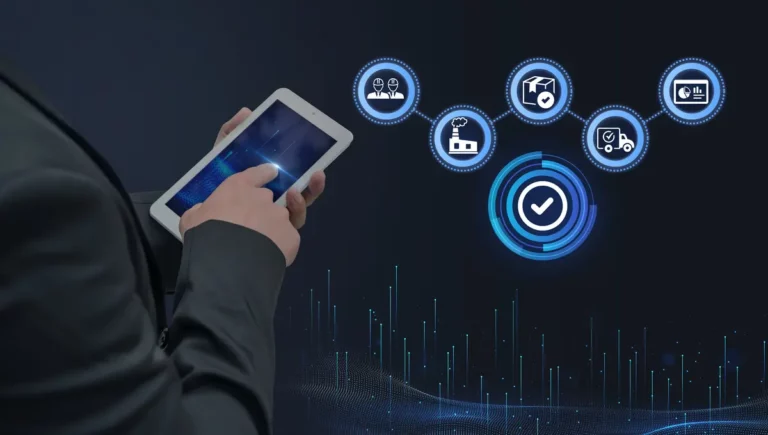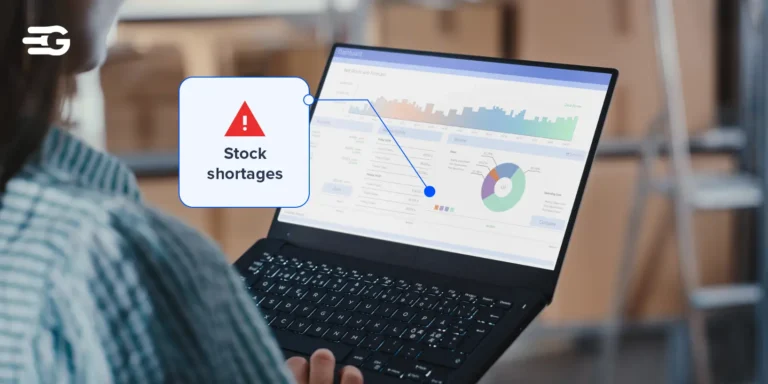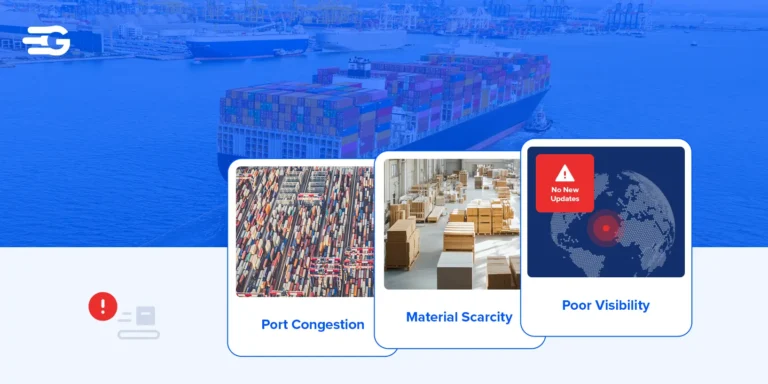The Future of Logistics Trends: Predictions from Top AI Experts
The logistics industry is on the cusp of a transformative era, driven by groundbreaking advancements in artificial intelligence (AI). From optimizing supply chain management to enabling autonomous operations, AI is reshaping how goods are transported, tracked, and delivered. As global commerce becomes increasingly interconnected, logistics companies must adapt to growing customer demands and complex market dynamics.
In this blog, we explore insights from leading AI experts on how technologies like generative AI, agentic AI, and advanced forecasting are revolutionizing logistics. Additionally, we highlight how platforms like GoComet are at the forefront of this transformation, providing intelligent solutions that enhance operational efficiency and strategic decision-making.
AI-Driven Transformation in Logistics
AI integration in logistics is no longer a distant vision—it’s a rapidly unfolding reality. Industry leaders are investing in real-time data processing, predictive analytics, and autonomous decision-making tools to streamline operations. This AI-powered shift is accelerating innovation, reducing inefficiencies, and unlocking new opportunities across the supply chain.
Generative AI and Agentic AI: Shaping Efficiency and Innovation
Generative AI and agentic AI are two of the most impactful technologies driving this change. Generative AI models generate predictive scenarios and simulate possible outcomes, empowering logistics managers to optimize routing, warehouse layouts, and operational strategies. Meanwhile, agentic AI systems make real-time decisions, proactively adjusting shipments, inventory levels, and resource allocations based on live data. The same AI principles transforming logistics, including predictive inventory tracking and data-driven automation, are now enhancing nonprofit POS systems for smarter event sales and donor engagement.
Platforms like GoComet are leveraging these technologies to optimize freight procurement and transportation management. By applying AI algorithms to large datasets, GoComet offers actionable insights that help companies make smarter, faster decisions. This proactive approach enhances supply chain resilience and operational efficiency, keeping businesses competitive in an evolving market.
Data-Driven Forecasting: The Backbone of Modern Logistics
Accurate forecasting is a critical component of successful logistics operations. AI-powered forecasting models analyze historical data, market trends, and external factors to predict demand fluctuations, delivery times, and inventory needs. Unlike traditional methods, these adaptive models continuously refine their predictions as new data becomes available.
GoComet integrates AI-driven forecasting into its platform, enabling businesses to make data-backed decisions in real time. This predictive intelligence minimizes supply chain disruptions, enhances inventory management, and ensures timely deliveries—ultimately driving customer satisfaction and operational excellence.
Revolutionizing Decision Making with AI
AI-based analytics platforms are transforming decision-making in logistics by offering real-time recommendations on route optimization, fleet management, and risk mitigation. By analyzing vast amounts of data, these platforms provide actionable insights that empower logistics managers to respond swiftly to changing conditions.
For example, GoComet‘s AI-powered solutions provide end-to-end visibility into supply chain operations, allowing companies to anticipate disruptions and adjust their strategies accordingly. This dynamic decision-making capability enhances agility, reduces costs, and improves overall supply chain performance.
Emerging Trends in AI-Enabled Logistics
Autonomous Vehicles and Robotics
Autonomous vehicles and robotics are playing a pivotal role in the future of logistics. Self-driving trucks and drones are streamlining last-mile delivery, reducing labor costs, and increasing delivery speeds. In warehouses, robotic systems are automating repetitive tasks, improving efficiency, and reducing human error.
The Internet of Things (IoT) and Real-Time Data
IoT devices are generating real-time data from sensors, GPS trackers, and connected machinery, providing logistics companies with unparalleled visibility into their operations. When combined with AI analytics, this data offers actionable insights into shipment tracking, equipment diagnostics, and environmental conditions. Platforms like GoComet utilize this information to ensure supply chain transparency and mitigate risks.
Enhancing Customer Experience with AI
Customer experience is a key differentiator in modern logistics. AI-driven chatbots, predictive tracking systems, and personalized notifications keep customers informed and engaged. Additionally, AI algorithms analyze customer feedback to identify areas for improvement and optimize service delivery.
With GoComet, businesses can provide real-time shipment updates, predict potential delays, and offer proactive solutions. This level of transparency and responsiveness builds trust and strengthens customer relationships.
AI is undeniably transforming logistics by enhancing operational efficiency, enabling autonomous decision-making, and providing data-driven insights. Companies that embrace AI innovations will gain a competitive advantage in a rapidly evolving market. Platforms like GoComet are leading this charge, equipping businesses with the tools they need to optimize their supply chains, reduce costs, and deliver exceptional customer experiences.
As the logistics landscape continues to evolve, the integration of AI will be essential for navigating challenges and seizing new opportunities. The future of logistics is intelligent, connected, and driven by the limitless potential of artificial intelligence.





